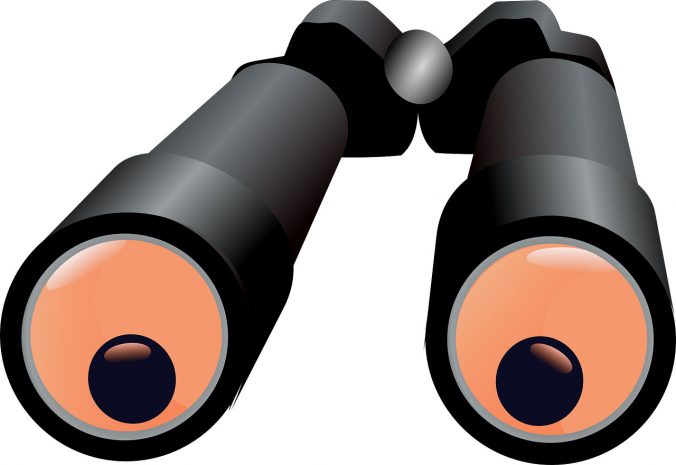Employee monitoring in the workplace is a controversial but often standard practice. But employers can’t just use any means of monitoring to achieve their goals.
Recent guidance published by the ICO sets out how far employers can actually go to monitor their staff. Darwin Gray’s employment law team looks at some of the key points for employers to consider:
So, what can employers do?
Employers need to be careful to show that their monitoring of staff is justified. It’s a balancing act, between the employer’s aims and objectives, and the monitoring that’s reasonably required to make sure that those objectives are achieved.
The idea is that just because a form of monitoring is available, it doesn’t mean that the employer should go that far just to achieve its objectives. Employers should ask themselves – do we need to go this far in monitoring our staff?
Should employers tell staff that they are being monitored?
Yes. Employers should make sure that they are open and honest with their staff, and that they ask for staff opinions and concerns before bringing in any form of monitoring. Staff need to know why they need to be monitored, how it will be carried out and how far the monitoring will go. The best way to go about this is to have a written policy in place that is clearly communicated with employees. A staff handbook is a good place to keep it.
Should employers do anything before monitoring?
It’s recommended that an employer carries out a data protection impact assessment before bringing in any form of monitoring, even though this is not a legal requirement. This assessment will allow the company to consider how far they actually need to go with their monitoring to achieve their objectives, as well as consider how any form of monitoring may impact their staff or others.
What if personal data is scooped up accidentally?
If an employee, for example, contacts the employer by email to say that they are sick and disclose an ongoing health condition in doing so, this is an example of the company’s standard monitoring practices accidentally scooping up and processing personal data relating to the employee’s health. The employer will need to have practices in place to deal with these situations, and will need to ensure that, if they do end up processing the data, that there’s a special lawful basis for processing it.
Can employers use personal data for any other reason?
Any data that is collected through monitoring has to be used for the exact purpose it is supposed to. The only exception to this is where information is captured and reveals something that an employer can’t ignore, like criminal involvement or gross misconduct.
If you need any help or advice on any of the above, please contact employment solicitor Rachel Ford-Evans on RFord-Evans@darwingray.com / 02920 829 120 for a free initial chat to see how we can help you.
